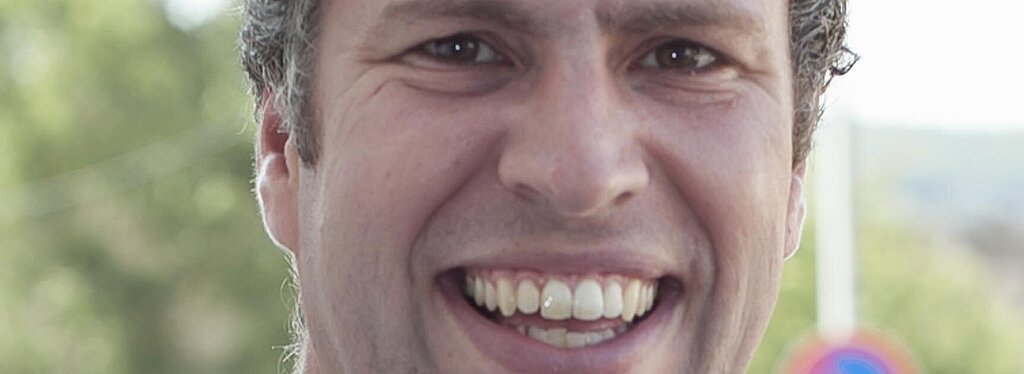The change between high and low tide is a remarkable natural spectacle: The moon attracts the ocean water like a magnet, determining where in the world it rises or drops. The Bay of Fundy is a place where the tidal spectacle is especially impressive: The world's greatest tidal range is found here. Twice per day, a total of 160 billion tonnes of water rush into the bay and back out again. At each tide, the water rises and falls by roughly 13 metres, flowing at speeds of up to 18 kilometres per hour. Its energy can be utilised sustainably.
Rising tide
Tidal energy is eco-friendly, reliable and – contrary to solar and wind energy – independent from the weather. Recognising its potential, the British company Sustainable Marine decided to put this energy to work and initiated the "Pempa'q In-stream Tidal Energy Project" in 2012. In the language of the indigenous local population, Pempa'q (pronounced bem-baahk) means "rising tide". In 2018, Sustainable Marine merged with the tidal energy business unit of the German ship propeller specialist Schottel. Schottel has been responsible for the technical design, development and implementation of the floating tidal power station, which will comprise three individual systems and a total of 18 turbines. Based on a trimaran concept, the system is currently in its test phase. The project partners expect it to be able to feed up to 9 MW of electrical power into the local grid per year, driven by the enormous difference between high and low tide. This will avoid 17,000 tonnes of greenhouse gas emissions annually.
During the Offshore Dialogue, Ralf Starzmann, Managing Director at Schottel Hydro, will describe in detail what the on-site work entails. For a short introduction, read our interview below.
"Three questions for..." featuring Ralf Starzmann, Managing Director at Schottel Hydro.
What contribution can tidal energy make to achieving Mission Zero Emission?
Tidal energy can make a significant contribution to achieving Mission Zero Emission and has a projected global capacity of up to 880 TWh per annum. Tidal power will provide an important, affordable, predictable, and clean source of energy. Renewable energy is a key to decreasing greenhouse gas emissions and therefore reducing our carbon footprint. Tidal energy is also reliable and predictable since we can accurately predict when tides occur. Many island and remote communities around the world are faced with energy challenges, volatile fuel prices, a lack of supplier diversity, higher likelihoods of disruption, and high carbon footprints. Tidal energy produces clean renewable power that can replace fossil fuel for these communities.
How far advanced is your project in Nova Scotia? When will you be able to supply the coastal region completely with tidal energy?
Since 2018, we have been testing our PLAT-I 4.63 (280kW) floating tidal energy platform in Grand Passage, Nova Scotia, which was previously deployed in Connel, Scotland. We will be launching our new PLAT-I 6.40 (420kW) floating tidal energy platform in early 2021. Construction work will be starting at the Fundy Ocean Research Centre for Energy (FORCE) this year where this platform will be installed, alongside two others, to provide a combined capacity of 1.26MW by the end of the year.
Are there any role models for project? What are the main technical challenges?
There are other companies doing innovative projects in the tidal space, so far mainly in Scotland. However there is not another floating array so far. We are preparing for the conditions of the Bay of Fundy which have the highest tides in the world. We have spent quite a few years testing our technology and tailoring it for these conditions as working in these highly energetic environment is demanding. As with anything you do for the first time, there has been a lot of testing and learnings on all fronts.
Ralf Starzmann will be speaking at Offshore Dialogue on 2 February 2021.
Participation is free of charge.
More information about the Offshore Dialogue


